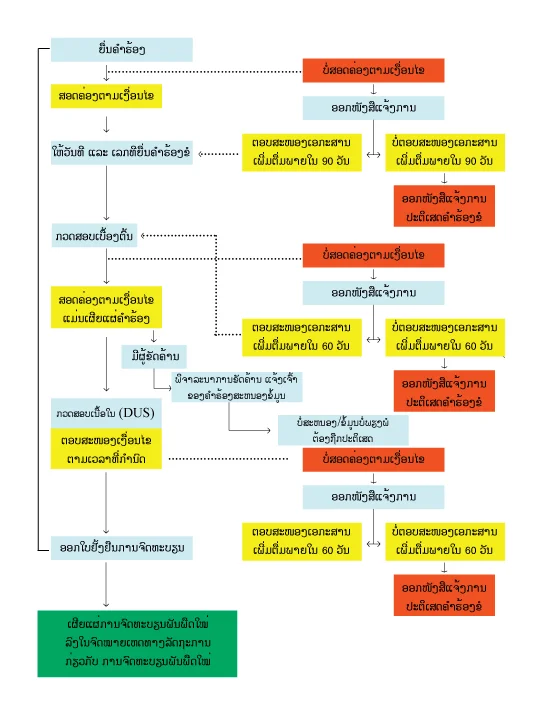New plant varieties
“New plant variety” is a group of plants with the same botanical characteristics and not yet known in general, which can determine various characteristics as a result of any genetic type or multiple genetic types together, different from other groups in the same plant species at least in one characteristic, attractive and stable when propagated;
Conditions for registration of new plant varieties:
- Must be new
- Must be different;
- Must be consistent;
- Must be persistent;
- “Newness” means that a plant variety is considered new if the propagating part or harvest has not been sold or distributed to others for use by the plant breeder or with his consent in seeking benefits from the plant variety.
- “Different” means that the plant variety must clearly differ in the new characteristics from other plant varieties which are generally recognized.
- “Consistency” means that a modified variety may be derived from a specific form of propagation but must be completely consistent throughout the variety’s characteristics.
- “Persistence” means that the plant variety must be stable if the characteristics of the plant variety do not change after re-propagation or at the end of each cycle in the case of a specific cycle of propagation.
In addition to the four conditions defined above, the registration must also consider the designation of the new plant variety.
The term of protection of new plant varieties for standing plants and grape trees is 25 years and for other types of new plant varieties is 20 years.
Agreement on the list of types and varieties of plants



